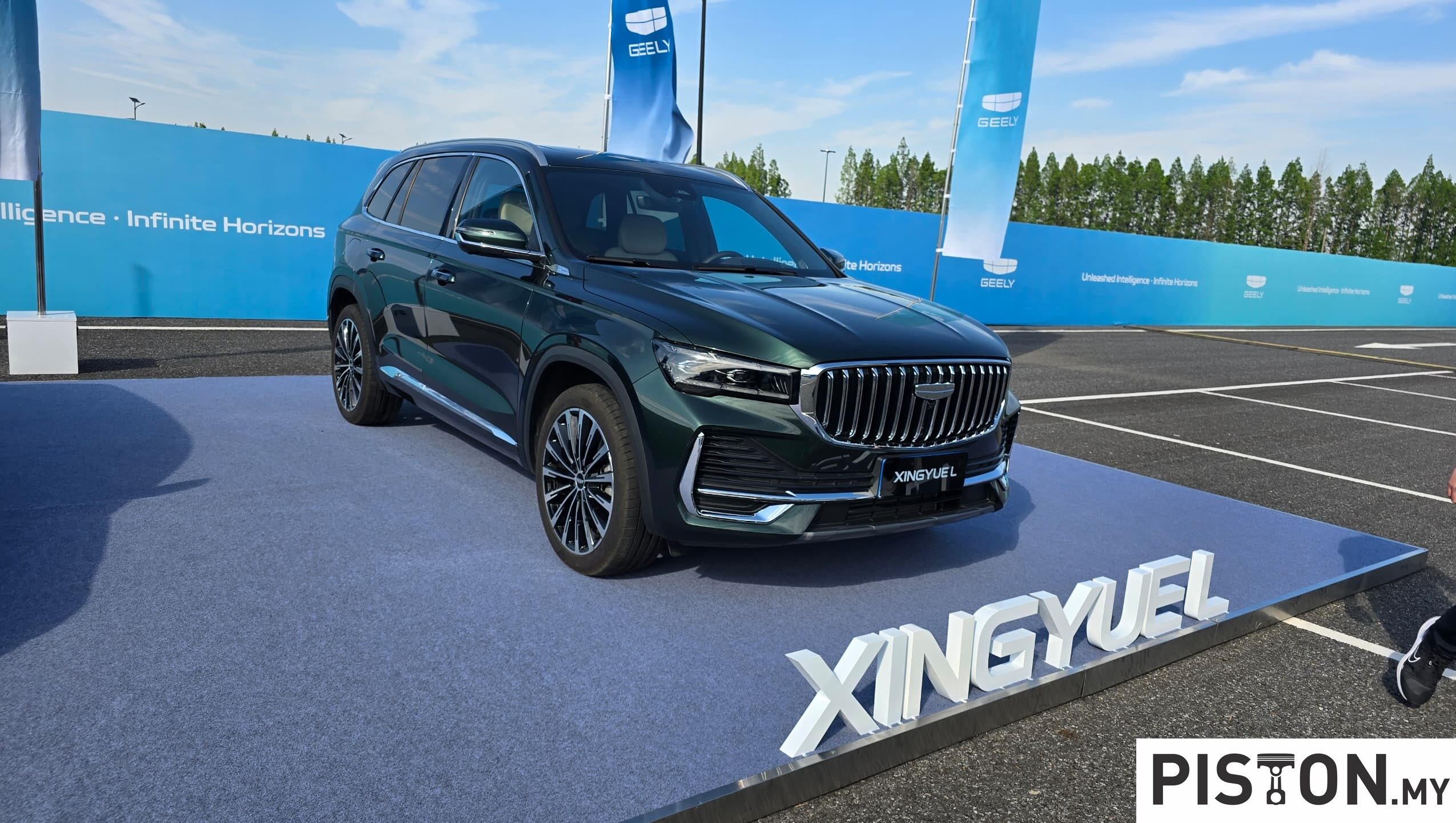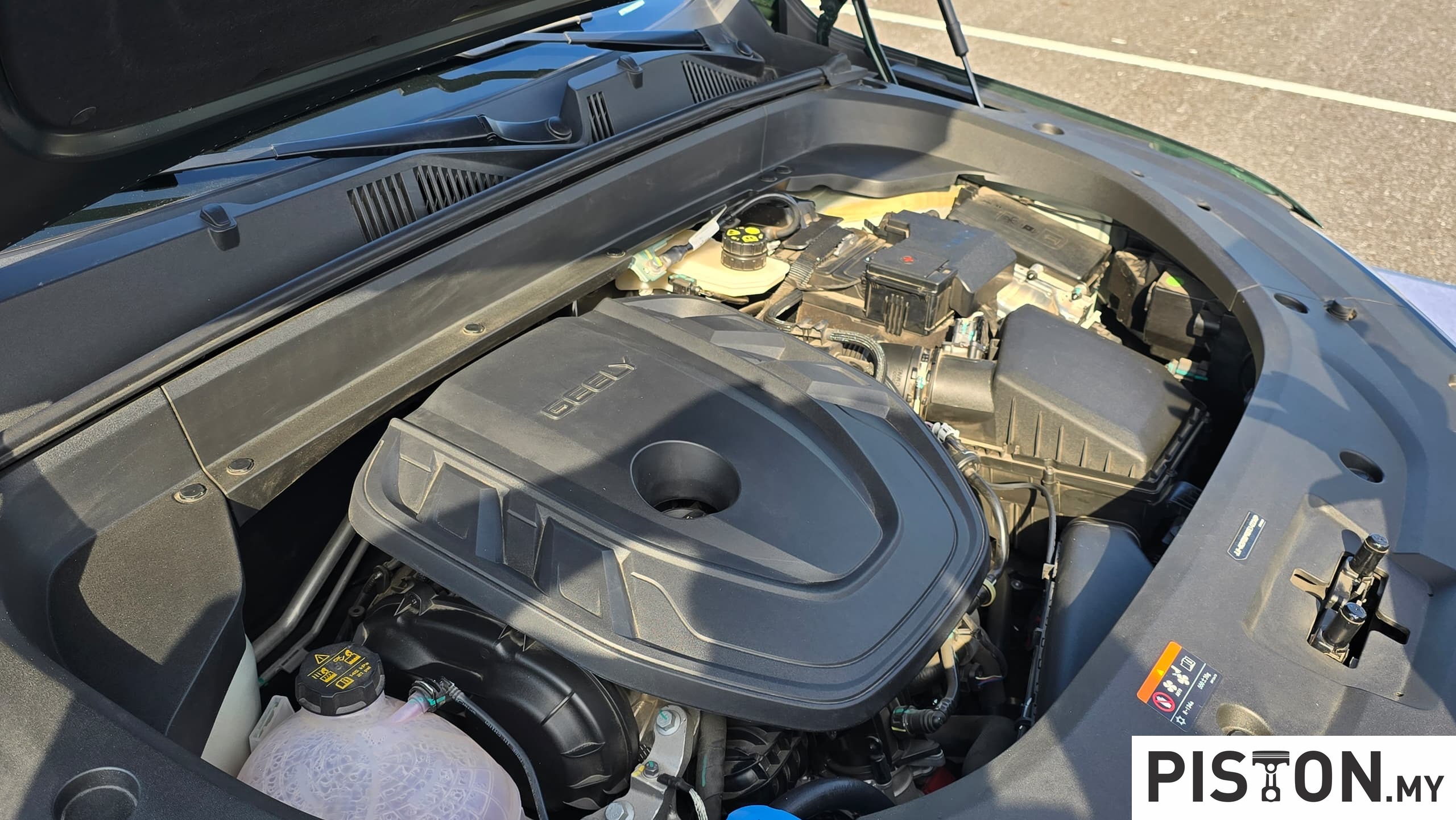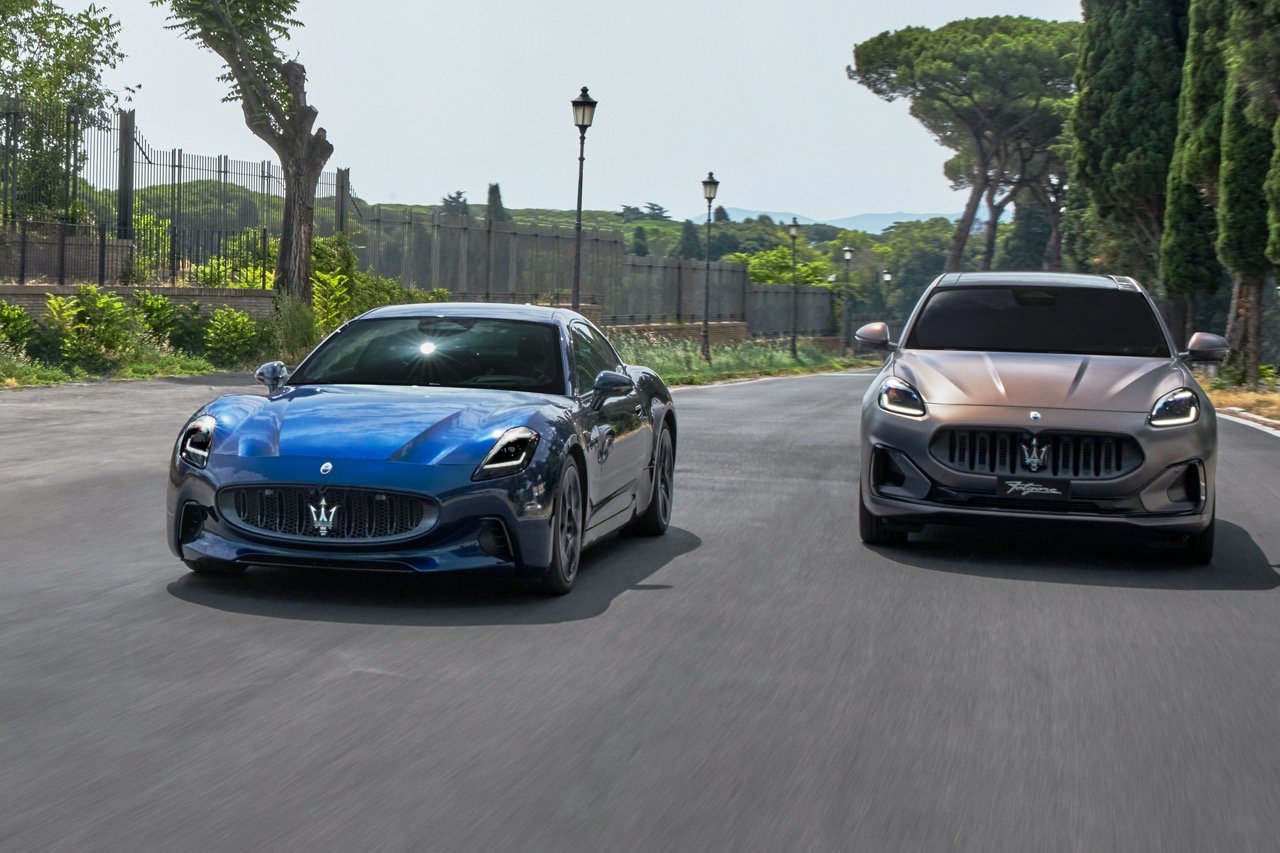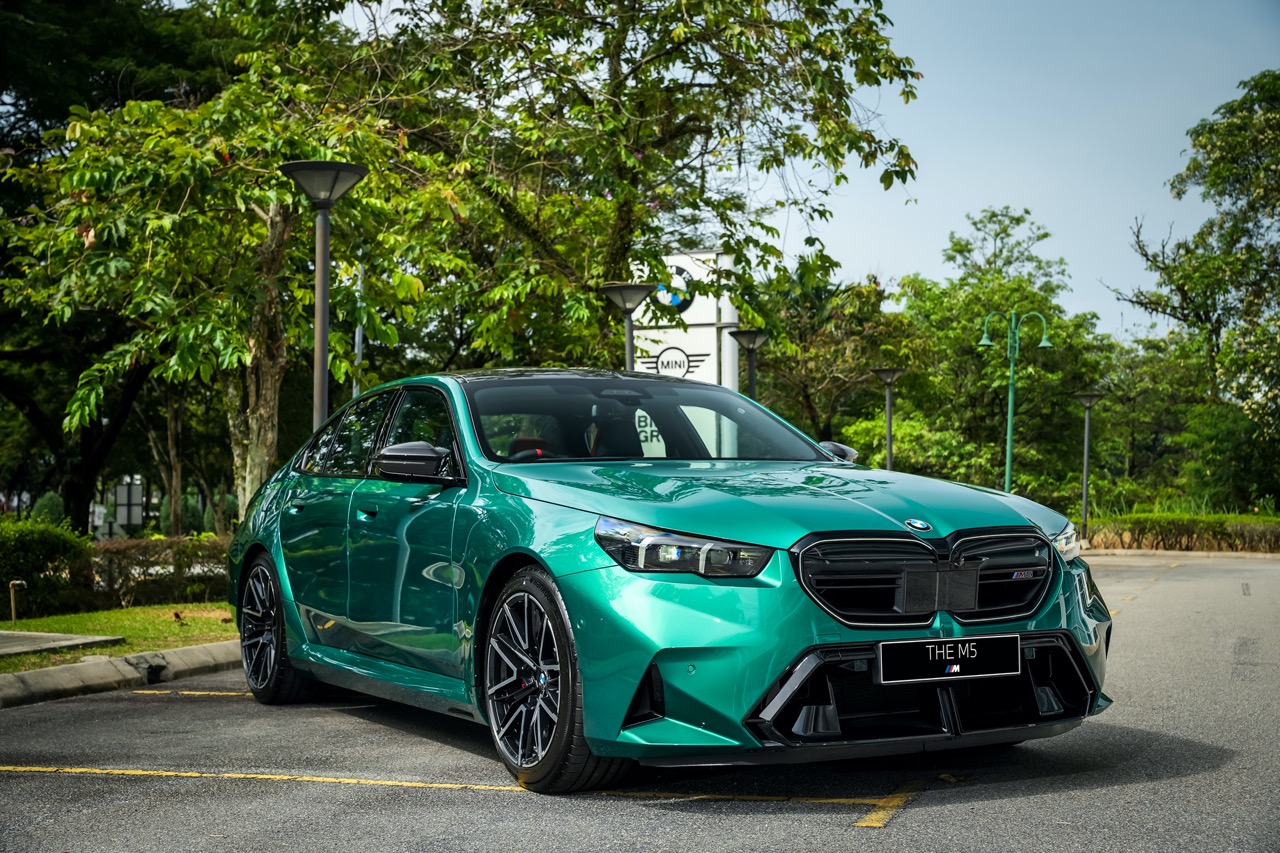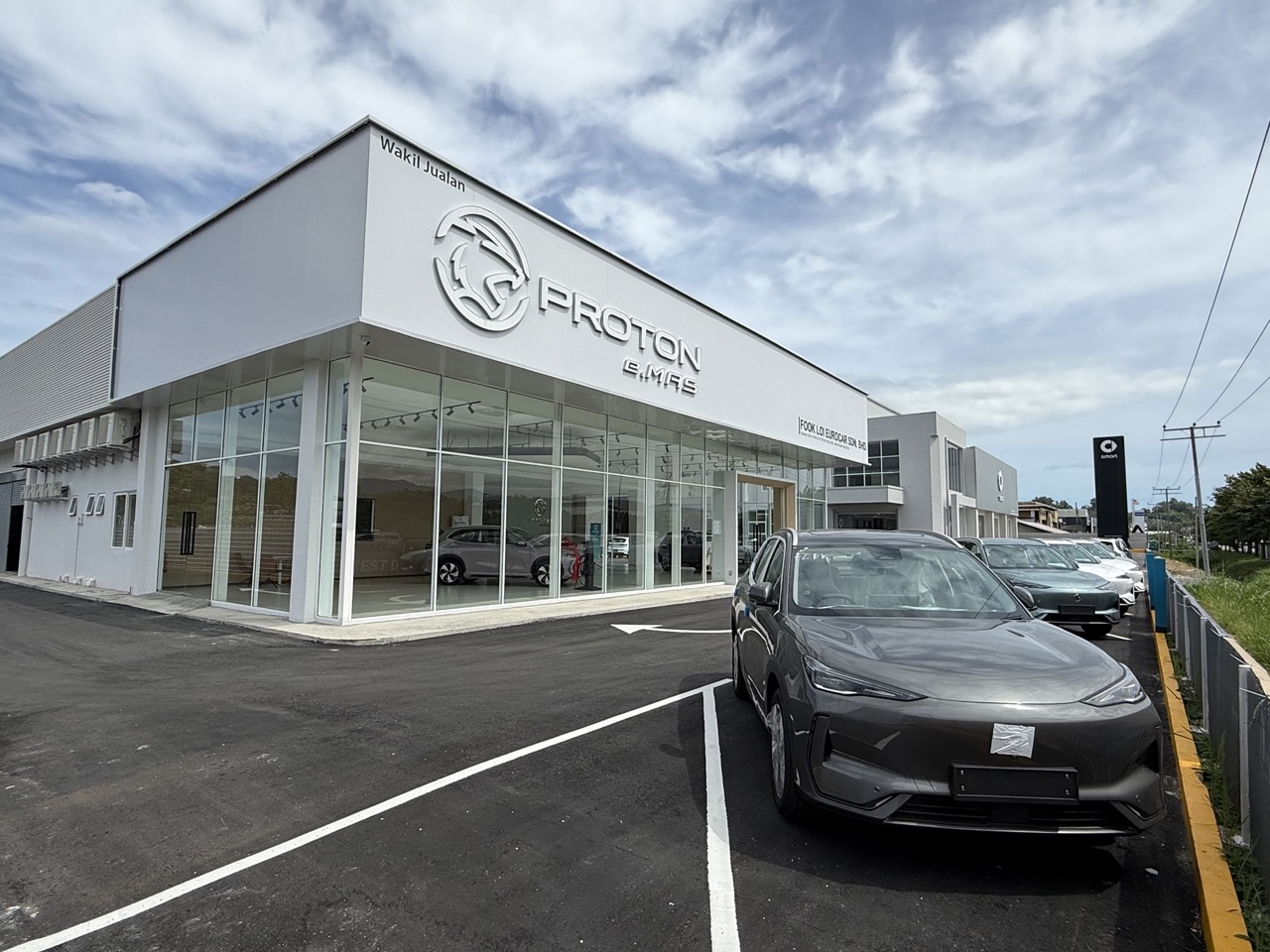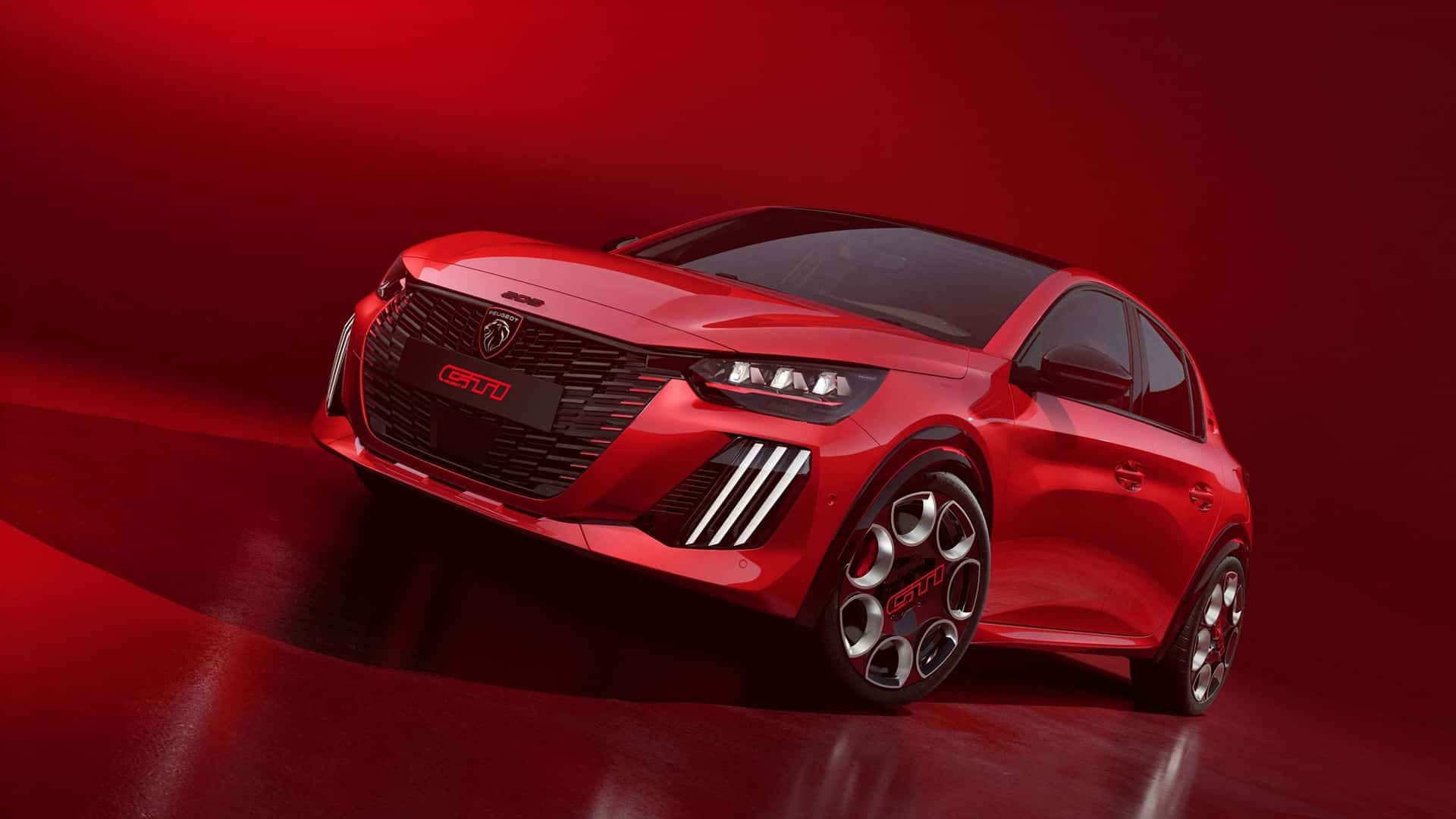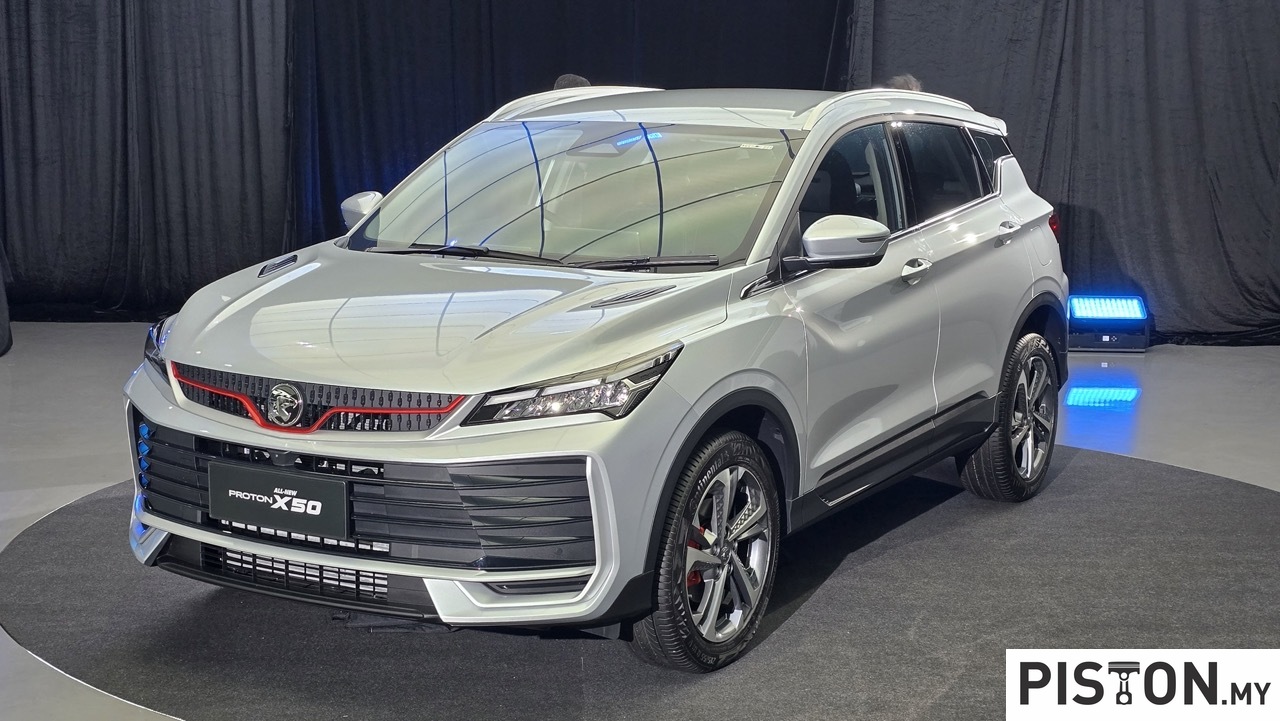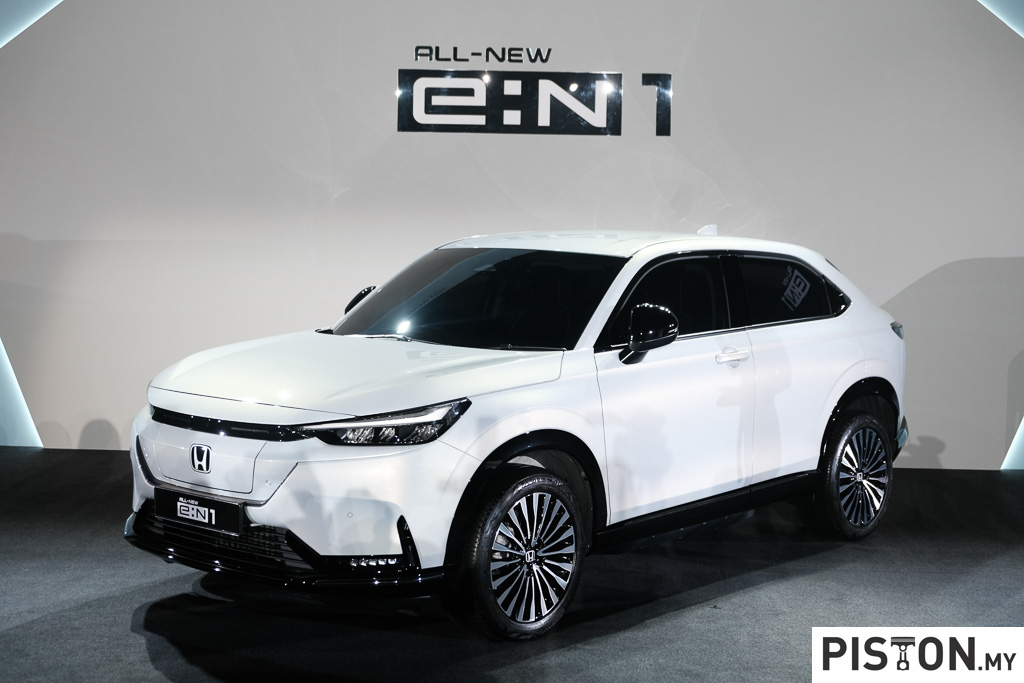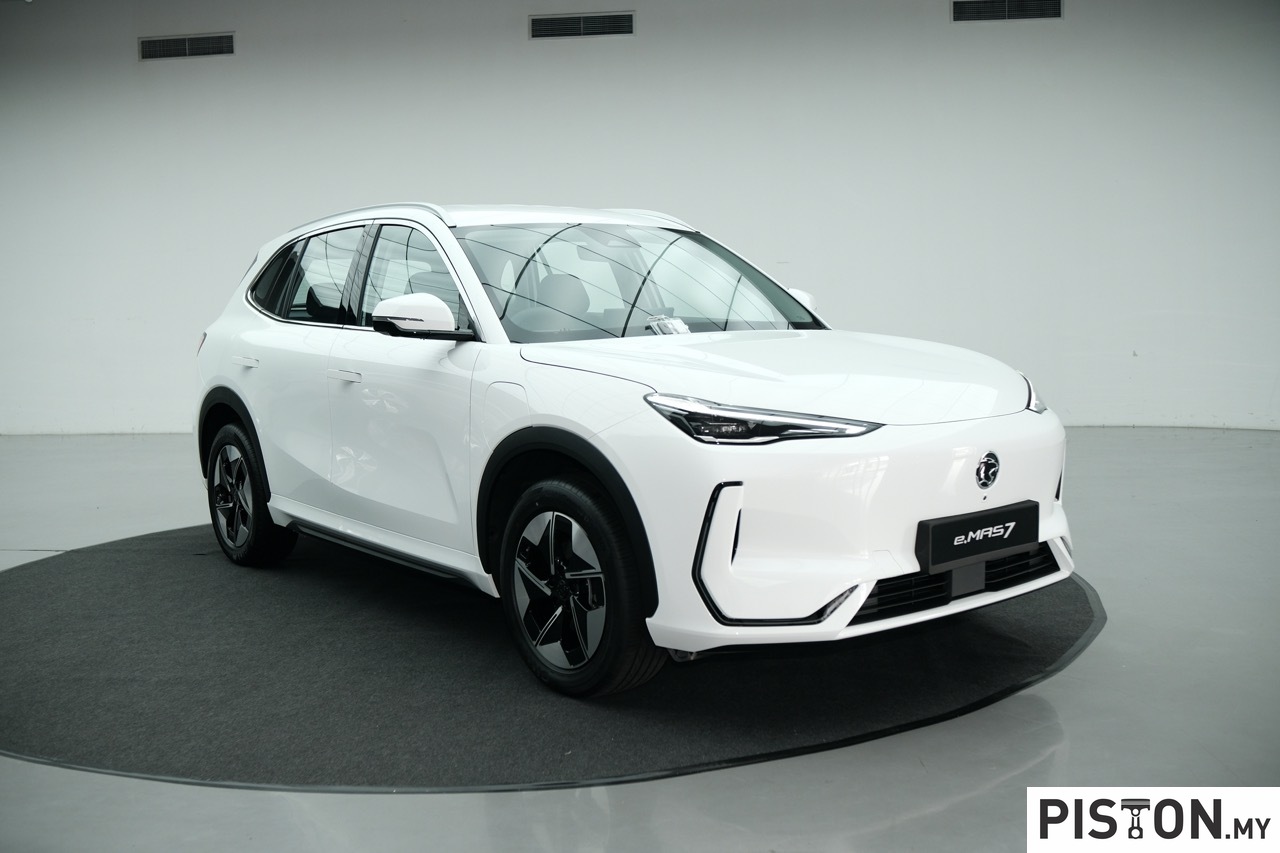Geely Holding Group Chairman Li Shufu has reaffirmed the Chinese automotive giant’s dual-track strategy of developing both traditional internal combustion engine (ICE) vehicles and smart electric models, signalling a firm stance against abandoning conventional powertrains in favour of full electrification.
In a recent internal address to employees, Li made clear that Geely will continue to allocate significant resources towards the development of ICE and hybrid technologies while simultaneously advancing its electric vehicle (EV) offerings. He described the company’s long-term approach as “walking on two legs,” underlining the importance of maintaining balance between established propulsion systems and the innovations of future mobility.
Li dismissed suggestions that Geely would scale back its ICE operations. Instead, he stressed that the company would remain invested in refining and leading in traditional powertrains, particularly as global demand for such vehicles persists in many markets. This commitment, he explained, ensures the company’s resilience and flexibility amid the fast-evolving automotive landscape.
Geely’s expansive international presence, built through key acquisitions such as Volvo, Lotus, and strategic stakes in Mercedes-Benz and Aston Martin, was positioned by Li not as a financial pursuit but as a deliberate strategy to absorb world-class expertise. According to Li, these partnerships provide Geely with a solid technical and brand foundation, ranging from Volvo’s safety innovations and Lotus’s aerodynamic expertise to the luxury credentials of Mercedes and the prestige of Aston Martin’s brand management.
He emphasised that success in the automotive industry cannot be achieved without deep-rooted knowledge and a strong global identity. For Li, these collaborations represent not merely business deals, but a crucial part of the company’s growth and learning trajectory.
Li also took a firm stance against aggressive pricing tactics, warning against the destructive nature of “involution”—a term used in Chinese business circles to describe senseless internal competition. Instead, Geely will pursue what he termed “value-driven competition,” placing its faith in technological advancement, product quality, strong after-sales service, and ethical branding. This echoes his previous New Year message in which he firmly opposed zero-sum market strategies.
Internally, Geely continues to push for talent-based meritocracy through its “Talent Forest” initiative. Li highlighted this programme as key to fostering a competitive, inclusive, and open corporate environment. He stated that all employees, regardless of background or connections, should have access to opportunities and the platform to succeed based on their performance and potential.
By staying committed to innovation while honouring traditional expertise and rejecting the race to the bottom on price, Geely is positioning itself as a long-term, value-focused global player in the automotive sector.




